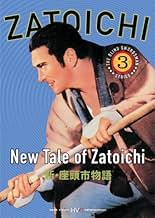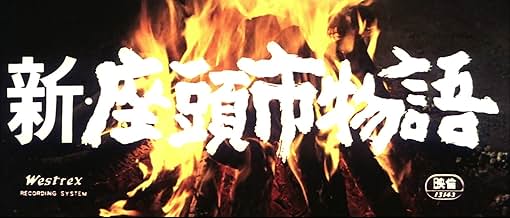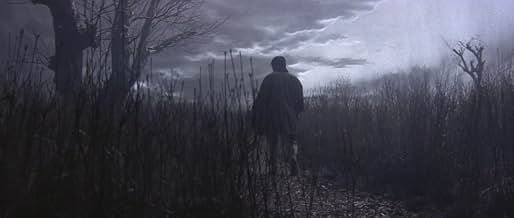The following review is an extract from the book "Shintaro Katsu´s Zatoichi: Complete guide to all movies", which is now available on Amazon.
In this third part of the Zatoichi saga, the protagonist (played by Shintaro Katsu) wants to change some things of his past, leave behind the Yakuza and correct his mistakes, returning to the town where he grew up. On the way he meets a former schoolmate, who acts as a musician singing and playing the shamisen. His childhood friend is with his wife and young son. The four stay in an inn for the night, and as Ichi sings a song with the shamisen, the place is assaulted by a gang of hooded thieves. So as not to endanger his friends and other guests, Zatoichi does not resist for the time being, and prefers the criminals to believe that he is nothing more than a poor, blind masseur (when in reality he is a prodigious swordsman, even though he lacks a sense of vision).
(...)
The third part of the Zatoichi saga has a slight philosophical background that is somewhat reminiscent of Taoism (the action of non-doing, or wu-wei). Zatoichi's apparent passivity towards Kanbei's brother, who wants revenge, provokes new reactions and events. The attitude of the protagonist is to renounce his past life and become a new man by returning to the origins, to the village where he grew up. There he will discover with disappointment that the one who trained him in the arts of fencing, the one to whom he owes his knowledge in the handling of the sword, far from being a venerable master, is actually a despot who does not hesitate to mercilessly murder unarmed people and in inferior conditions, either as a consequence of his uncontrollable anger or simply for money and material goods, in cold blood. Much more noble and honorable is the young yakuza. After verifying this, Zatoichi decides to continue his wandering life, renounces family and marriage and continues on his way with the firm intention of never returning to his village.



























